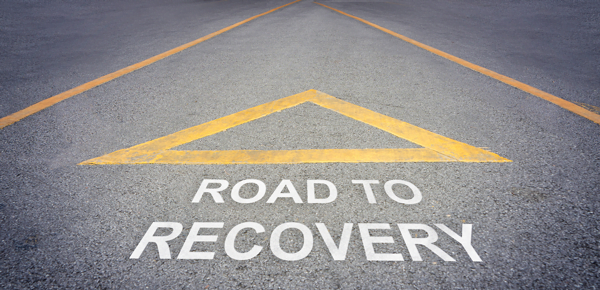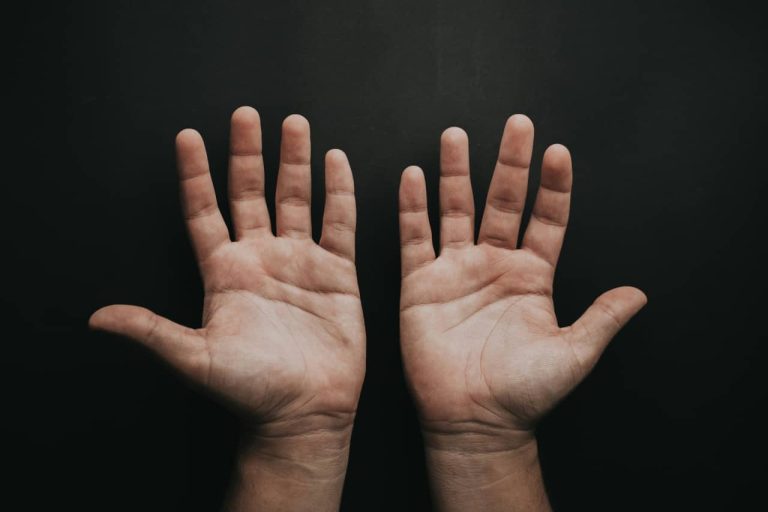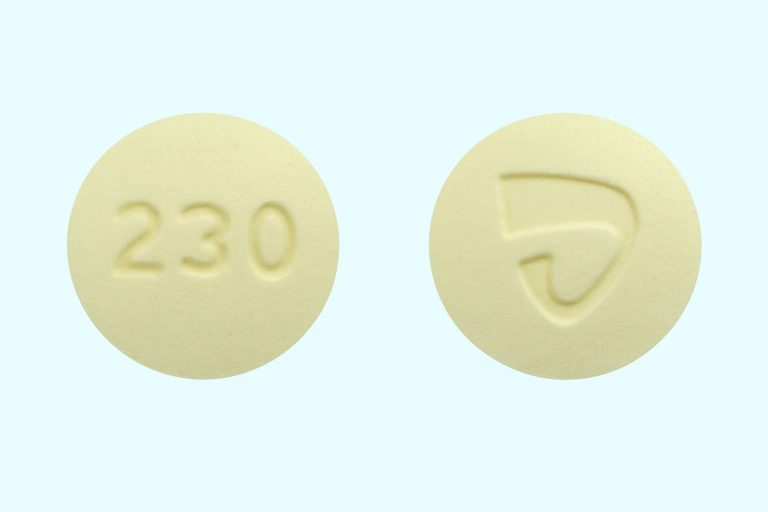Do you have a family member or close friend that fell into addiction and needs help? Do you want to learn how to support a loved one through their recovery journey?
It can be painful to discover or see a loved one turn into an addict. Know that it’s also a good thing that they’re going to rehab to correct the bad decisions they made. You can help make their road to recovery easier by doing a few things that can help them.
We’ll discuss how and what these actions are in five ways below. Keep reading to learn how you, as a family member, must behave to help a recovering addict. We’ve also added a few tips on how you can speak to a loved one and help them deal with their situation.
1. Educate Yourself
You most likely have a certain understanding of addiction and recovery from what you see. The media can portray addiction in black and white terms. Yet, what you know may be lacking, and you may have a misunderstanding of what you know.
The best way to help a drug or alcohol addict is to broaden your understanding of addiction and recovery. Don’t rely only on what you see in the media, movies, and social media. Explore all your resources and ask questions about addiction.
The more you understand addiction, the more you’ll see why it’s a challenging task to overcome it. You’ll understand how so many people yo-yo between wanting to get better and going back to old habits. You’ll also learn the different ways of helping a loved one cope with their withdrawal and recover.
2. Take Care of Yourself and Set Healthy Boundaries
You can’t help a loved one get to total recovery if you don’t help yourself first. Self-care is a key step in recovery from substance addiction. It’s not only a step the addict needs to take but you, as well.
How can you make a loved one feel your love and support if you don’t have any for yourself? They may even think that it’s hypocritical of you to tell them to take care of themselves.
Become an appropriate role model by loving yourself first.
Take a step back if you must and practice self-care. Find happiness and satisfaction with yourself. This will help you learn how to set healthy boundaries that won’t put your relationship at risk.
Get the spiritual, physical, and emotional self-love that you need. After all, you can’t pour from an empty cup. Once you’re whole and healthy, it’ll be easier for you to focus and be more present for an addicted loved one.
3. Be Patient and Be Positive
In 2018, 4.1% of deaths in Hawaii involved drugs like opioids. Nobody wants their loved one to become a victim of drugs and alcohol. Substance abuse doesn’t only increase the risk of premature death, but also a painful life.
Thus, it’s a good thing that your loved one is seeking recovery. This is a great first step, so recognize it. Try to be as positive throughout the rest of the process.
Remember that achieving recovery from addiction can take years or even decades. Every day becomes a battle, especially in the early few years of recovery. Your loved one can even relapse several times, despite how much they want to stop their bad habits.
No matter how many times they relapse, don’t give up on them. Remind yourself and your loved one of your goals, especially during difficult times. Stay patient and positive, and tell them to do the same.
4. Encourage Them to Seek Professional Help
It’s not enough to how to help a family member struggling with addiction. You also need to help them find professional help. By professional help, we mean to get addiction treatment.
There are different types of addiction treatment, including:
- Dialectical behavioral therapy
- Cognitive-behavioral therapy
- Psychodynamic therapy
- Holistic treatments
- Support groups
These treatment centers know several ways to help addicts recover from substance abuse. They can help your family member or friend find a treatment that will work best for them. Learn more about the benefits of inpatient treatment here.
They can also provide opportunities to develop new skills for recovery, like yoga. You may also want to consider attending family therapy with your loved one and the whole family. This will give the family unit a better understanding of addiction recovery and how to handle it.
5. Provide a Safe, Sober, and Secure Environment
Finally, help your loved ones through their recovery journey by providing basic needs. This includes giving them basic support, be it moral or physical. To some people, this can seem like an obvious step in helping loved ones recover.
Others cannot deal with the deteriorating state of a loved one, so they cut ties with them. Some feel that cutting ties is a good way to give tough love. While some degree of tough love is necessary, cutting ties isolates them and worsens their predicament.
Instead of cutting ties with a loved one, give them a safe living space and food. Addicts who have tried living in the streets will appreciate this gesture. It can also mean the world to them since homeless living is dangerous and difficult.
Help Your Loved One Go Through Their Recovery Journey Today
The first step is the most difficult one, and that applies to everyone involved, not only the addict. If you want to help a loved one recover, doing the actions listed can be a big thing already. The support you give alone can feel monumental to someone who is going through a recovery journey.
If you want to keep learning about how you can help an addict recover in Hawaii, visit our contact page today.













